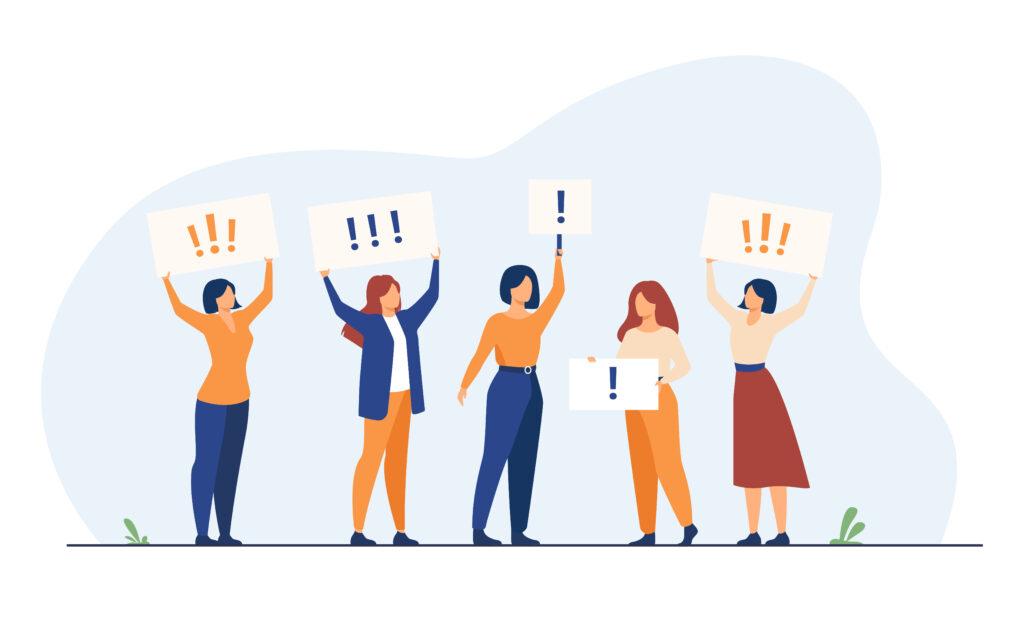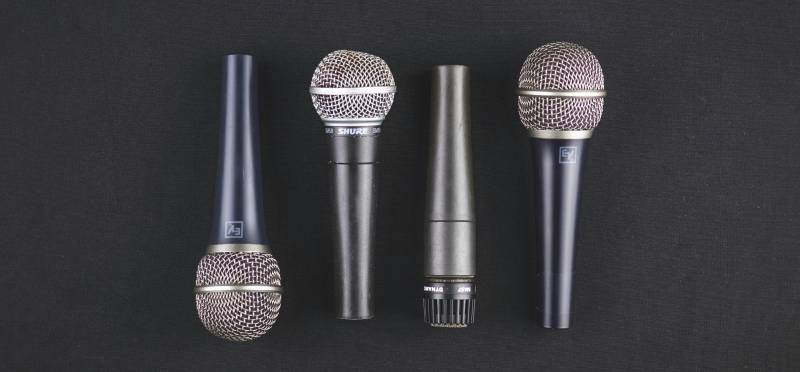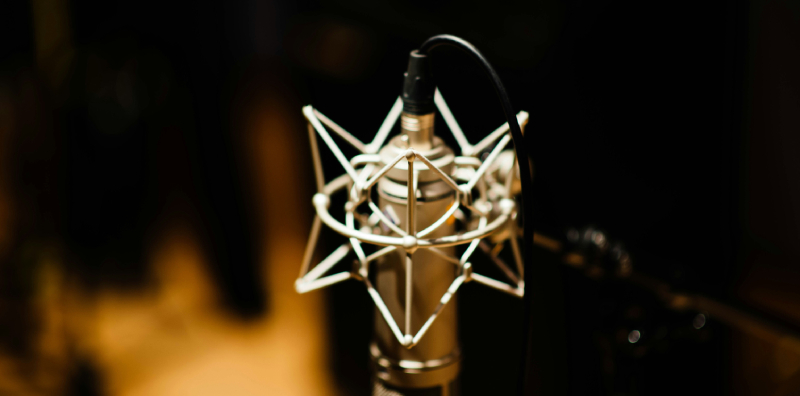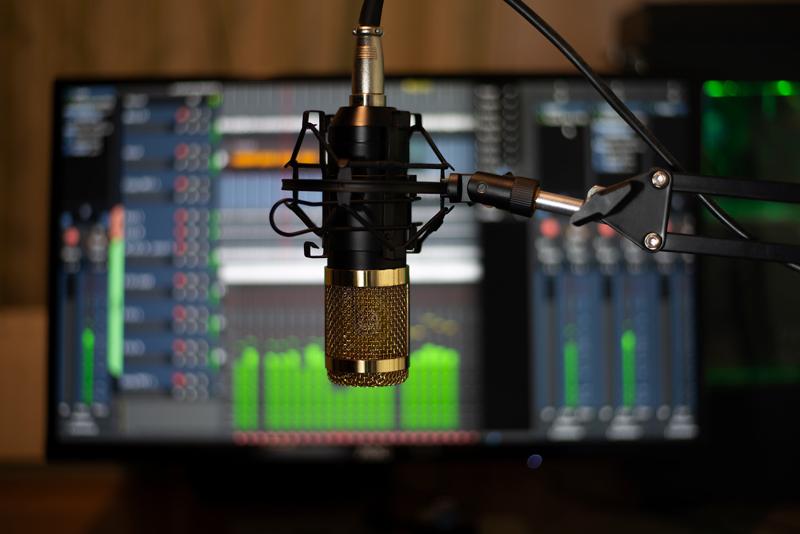Your job, as an artist, is to create music. However, you also need to understand how musical rights work. These are the system that manages royalties – the revenues you generate from your work. Here, we will cover how these rights function, who can claim them, what they protect and how to collect them. This article has been made possible with the help of our partner Bridger, a new, easy, and intuitive copyright management solution for all songwriters.
Musical rights basics

Musical rights are divided into two categories:
- the copyright that protects the composition and the lyrics of a musical work to remunerate the songwriters and the publishers
- the neighboring right that protects the performance and the recording of a musical work to remunerate performers and producers.
What are these rights used for?
The rights are divided into two different categories: the moral right and the patrimonial right.
1. The moral right allows the creator to claim paternity of the musical work for a lifetime and beyond. Heirs will also benefit from the right of the musical work for a specific number of years
In other words, this right allows the creator to approve or forbid:
- the format and the release date of the musical right (disclosure right)
- any covers, including samplings (right to respect of the work)
- having their name displayed on the supports that use their creation (right of withdrawal and repentance).
It is impossible to sell this right to a third party.
2. The patrimonial right structures the monetization of the music named the royalties. Usually, the creator authorizes:
- where and how the music, when commercialized, is played (reproduction right)
- any use of the music as a soundtrack, if the reproduction right has been granted (right of representation).
In this specific case, the protection is limited in time. It will persist during the creator’s life and then about 70 years after his death (it can be shorter or longer depending on the country’s laws).
How do I collect my royalties?
For songwriters and publishers
Songwriters are protected and remunerated through the copyright as soon as the musical work has been created. Remember that the date of creation, as well as the roles of each creator on a track, must be formalized before sharing the musical work. It is possible to transfer the rights to a publisher, who will then be in charge of managing these kinds of legal questions.
To formalize the date of creation, you need to register your track with a collective management organization (CMO), such as UACRR in Ukraine, BPI in the UK or GEMA in Germany.
In addition to registering your creations, CMOs are responsible for managing the economic rights of their members (tracking your sounds on TV, radio, nightclubs, restaurants and in all other public places). The CMO asks these outlets to pay your royalties, which the CMO will then distribute to you every three months. In exchange, CMOs take a commission on these incomes, and creators pay a membership fee to the CMO.
 There are also newcomers into the marketplace – independent management entities (IME) like Bridger, who focus uniquely on collecting the revenues you earn on digital platforms. With IMEs, there are no registration or annual fees. The company simply takes a 10% commission on your generated royalties: no need to spend money before you earn any money!
There are also newcomers into the marketplace – independent management entities (IME) like Bridger, who focus uniquely on collecting the revenues you earn on digital platforms. With IMEs, there are no registration or annual fees. The company simply takes a 10% commission on your generated royalties: no need to spend money before you earn any money!
For performers and producers
 It’s pretty much the same: performers and producers receive their neighboring rights as soon as they are registered with two different third parties: the first one to collect royalties on digital platforms and the other to collect royalties on all other broadcasting channels, like radio or television.
It’s pretty much the same: performers and producers receive their neighboring rights as soon as they are registered with two different third parties: the first one to collect royalties on digital platforms and the other to collect royalties on all other broadcasting channels, like radio or television.
With the streaming, you entrust your recording (and therefore the collection of your neighboring rights) to your digital distributor, such as DistroKid or TuneCore. In exchange, you will pay fees. Depending on their model, it can be either a flat fee every time you distribute a track, yearly fees or a commission on your royalties.
Musical rights are easy to understand once you and the other people involved in your musical project have defined all your roles. Then you’ll know where to register in order to collect your royalties, and if you have any queries, you can get support from your CMO or your IME. If you want to save time, you can register with Bridger in just a few minutes and start collecting any royalties your music is generating on digital platforms immediately. Sometimes it’s even possible to receive royalties you haven’t collected in the past, for up to two years prior to the start of your membership.










